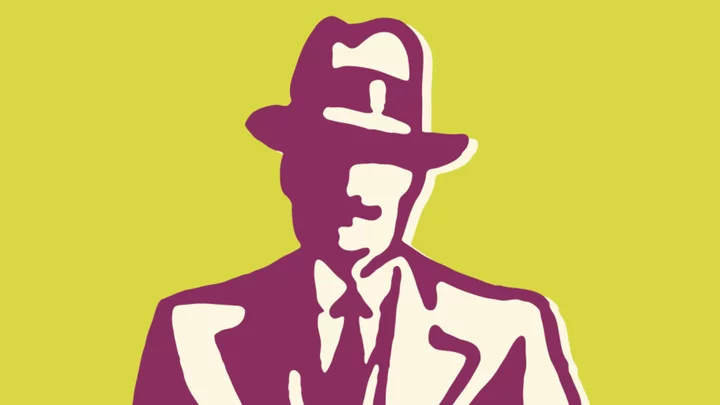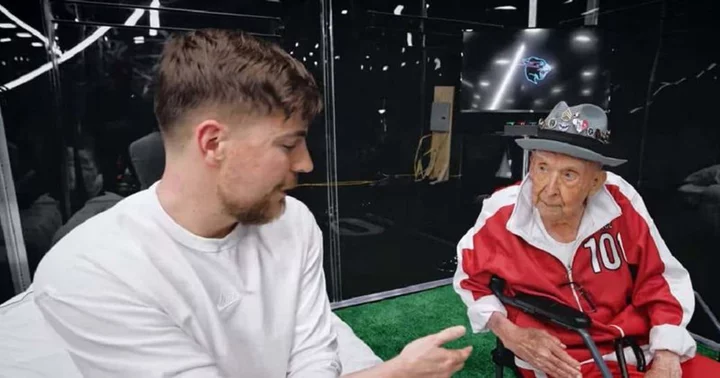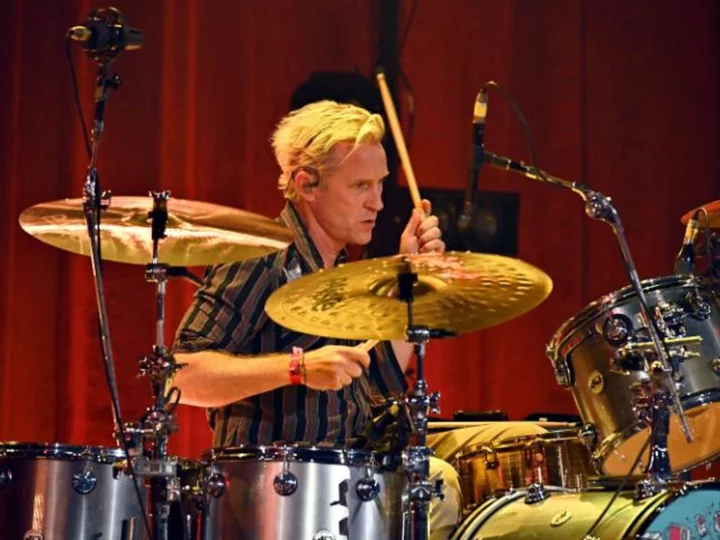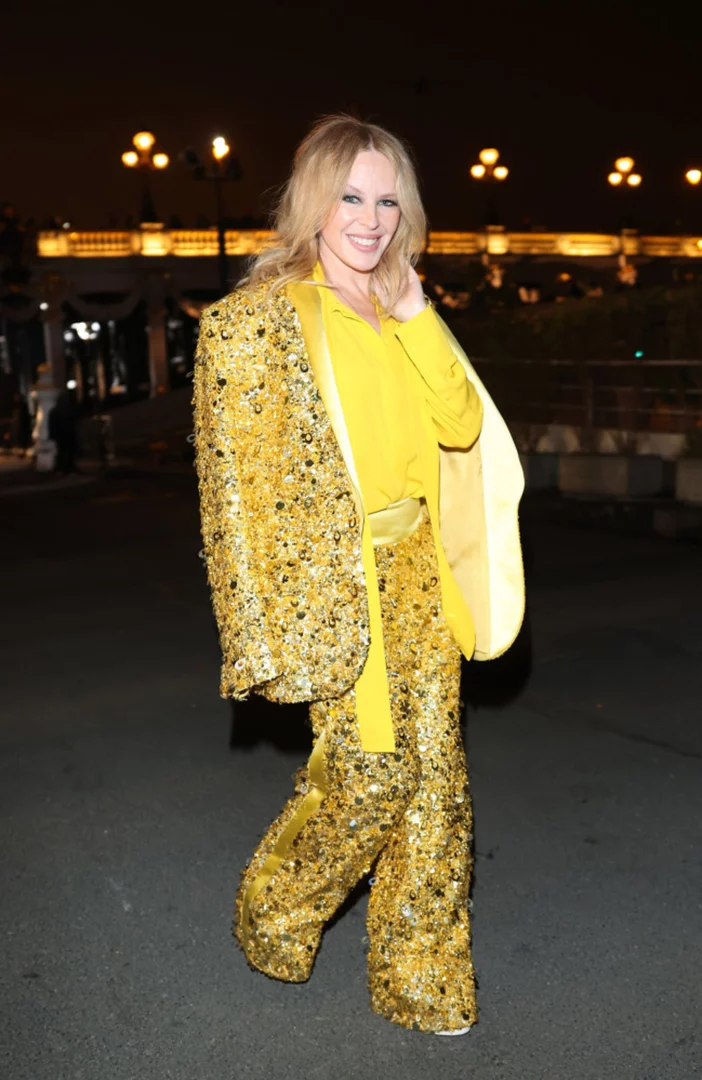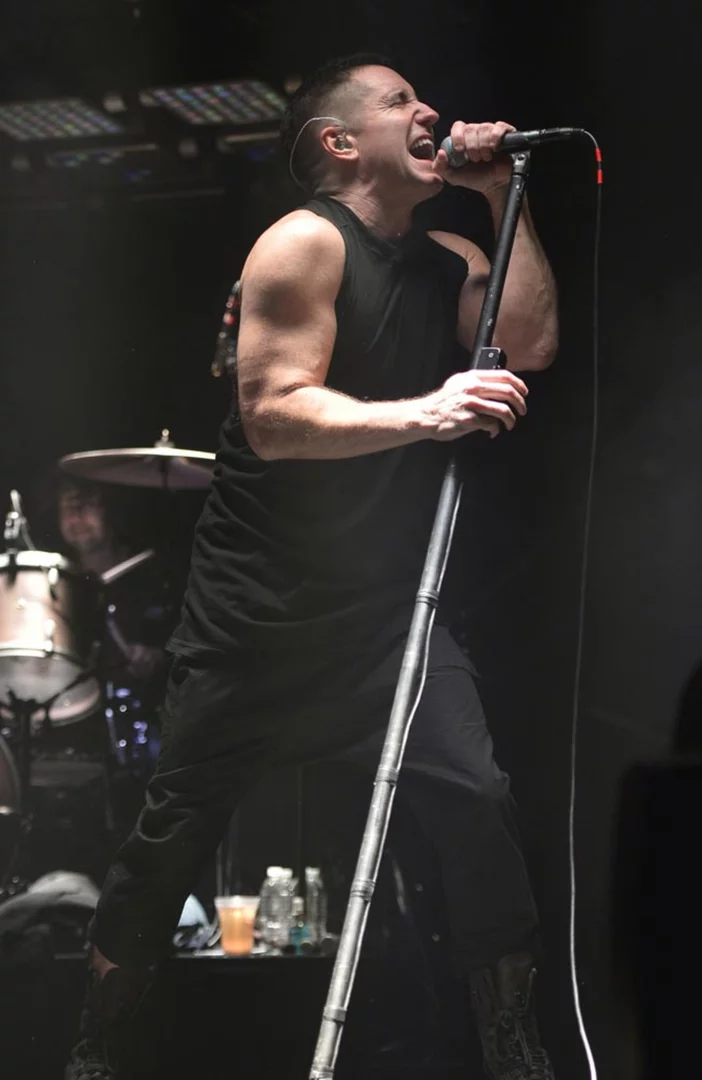Mob movie and Sopranos aficionados are likely well aware of organized crime’s common connection to trash collection or construction businesses (most specifically concrete—cement shoes, anyone?). But over the course of the mafia’s expansive history in the United States, their reach has extended far beyond what most people would imagine.
To create inroads into other industries without drawing much attention to themselves, crime families found creative ways to launder money and rule where one might least expect.
1. Cheese
According to Gavin Schmitt, author of The Milwaukee Mafia: Mobsters in the Heartland, the mob had a hand in the dairy industry. “The Milwaukee guys owned Grande Cheese, a national cheese producer and distributor. The business was used for laundering money, and in the 1950s through the 1980s was strongly suspected of helping to import heroin, though nobody was ever charged,” he said. “In fact, the business was started by the Mafia around 1940 and several shareholders were murdered when it began. Today, there are still people who own it who were named by the FBI as being mob members, but it seems to be legit.”
2. Jukeboxes
Meyer Lansky II—the grandson of the infamous Meyer Lansky, one of the Mafia’s key players in the 1930s and beyond—admits his namesake had some unlikely businesses in his day. Lansky II, who shared his family history on AMC’s docuseries The Making of the Mob, explained his grandpa dabbled in jukeboxes in the ’40s. “He had a Wurlitzer distributing business that was in New York City,” Lansky said. “He had that for about a year or so, and he would distribute all over different neighborhoods in the area. They would lease it to the bars and establishments. They would create routes and build up routes.”
3. Records
What does any jukebox need? Records, of course. Lansky II explained that his grandfather also found himself in the record business, as they supplied the LPs for the machines (as well as the service to maintain the jukeboxes). It was one-stop shopping, really. And he wasn’t the only Mafioso involved in the biz: The 1980s found some Mafia members purchasing record-pressing plants. They would make copies of recordings and sell them at bargain-basement prices.
4. Chemicals
“Milwaukee owned Del Chemical, which sold chemicals to municipalities throughout Wisconsin, Nevada and various other places,” Schmitt said. “The mobsters ran a simple scam: They overcharged by 10 percent and then Del paid this 10 percent back to the mayor as a kickback. Not only illegal, but it encouraged mayors to buy more chemicals than a city needed, because the bigger the purchase, the bigger the kickback.”
5. Hollywood
Chicago’s Mafia, best known as The Outfit, may have been based in the Windy City, but their power was strong in Tinseltown. They became partial owners of movie studios and even worked their way into motion picture labor unions, like the one for stagehands. In 1943, the Outfit was blatantly caught trying to extort the movie industry, and several of its members, including boss Paul “The Waiter” Ricca, were sent to jail, although he managed to walk after serving just three years.
6. Gay Bars and Clubs
Mafia-owned bars and restaurants were nothing new, but interestingly, they appeared to have a lock on New York City’s gay bar scene in the 1960s. A bar or restaurant serving gay patrons was deemed a “disorderly house” at the time, and the State Liquor Authority refused licenses to gay bars and revoked those who served gay customers alcohol. The Genovese crime family seized the opportunity to make money and cater to this spurned group, bribing law enforcement to ignore the happenings in their establishments, such as at the historic Stonewall Inn in Greenwich Village. Because they were operating under the radar, so to speak, these bars and clubs were cheaply run, serving weak drinks and offering little in the way of hygienic practices behind the bar.
7. Fishing
According to Schmitt, the Milwaukee Mafia—who may just be the most innovative folks in organized crime—owned the Margaret L, the world’s largest tuna fishing boat in the 1970s, and Schmitt notes that it was purchased with stolen Teamsters money. Presumably, it also made their threats of swimming with the fishes more menacing.
A version of this story originally ran in 2015; it has been updated for 2023. An earlier version of this story incorrectly identified Meyer Lansky's grandson as Meyer Lansky III.
This article was originally published on www.mentalfloss.com as 7 Businesses You Probably Didn’t Know Were Controlled By the Mob.

